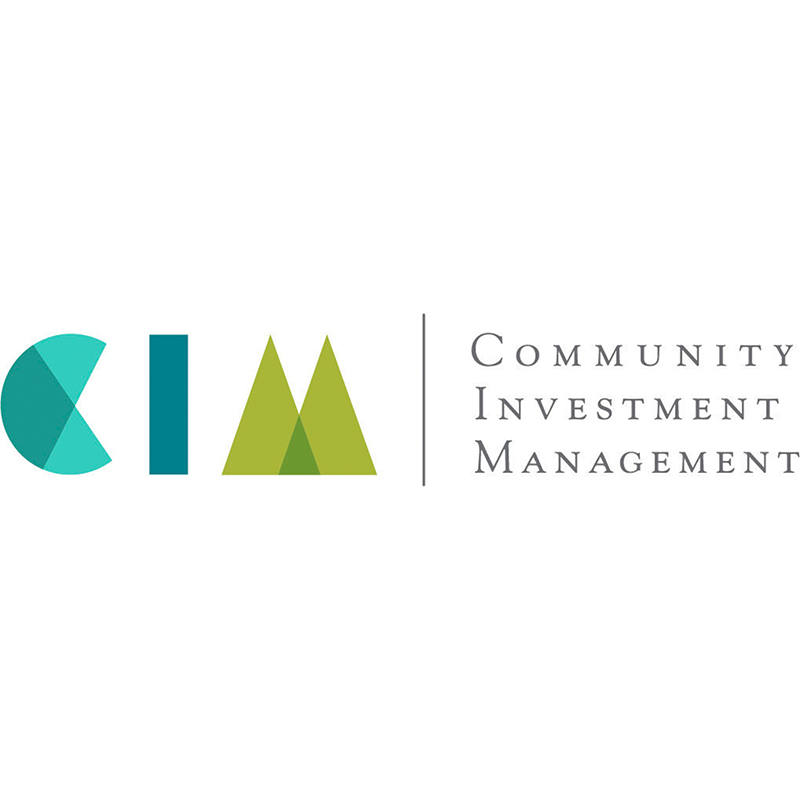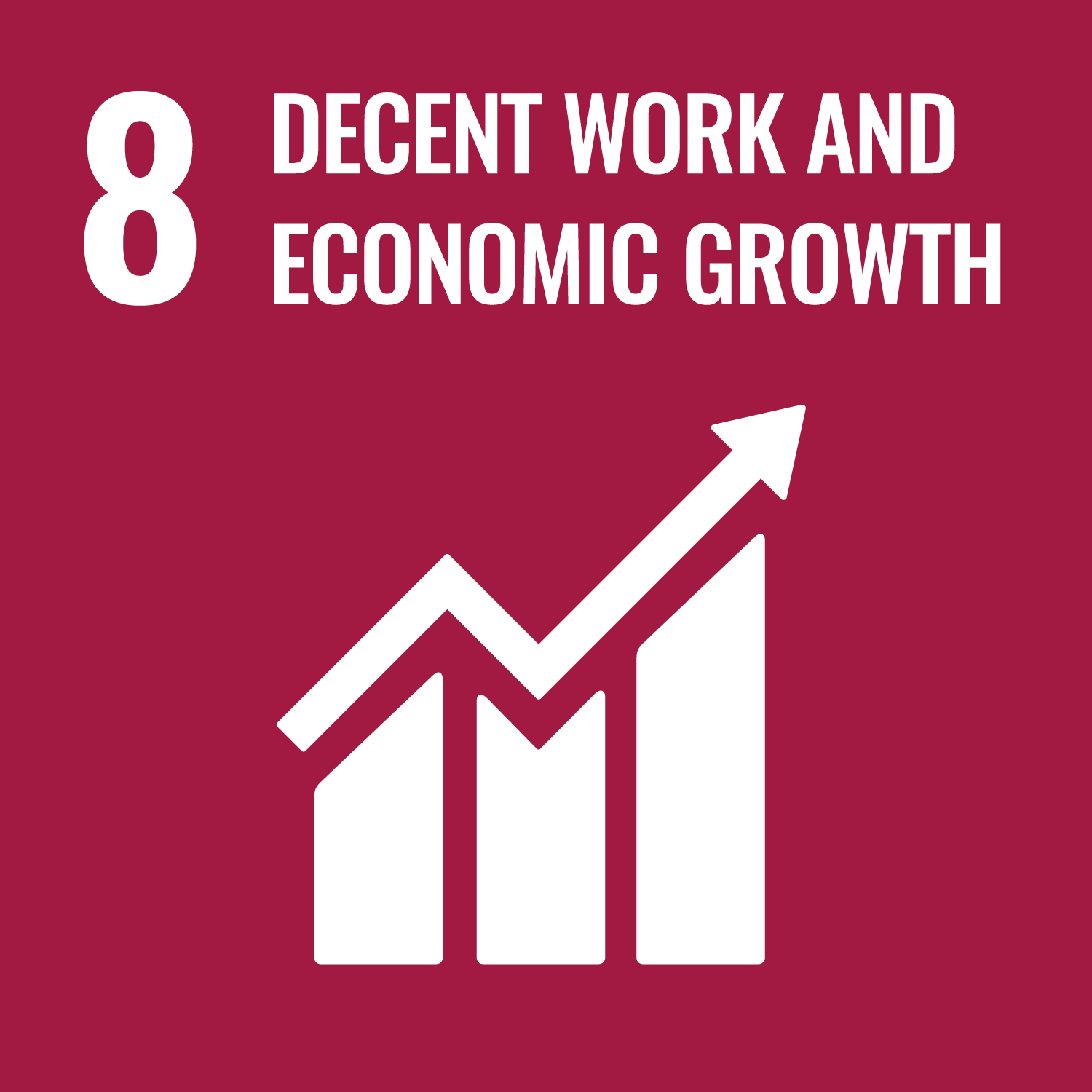Interested in this fund?
Log in or create an account to request more information.
Gain a deeper and comprehensive understanding of how this fund generates positive impact in the themes and SDGs that matter to you, with insights provided by our dedicated team of expert analysts, and receive notifications about new available impact products, exciting investment opportunities, and relevant updates in the world of impact investing.
CIM Enterprise Loan Fund
United States of America
Last updated 17 February 2021, by Impactyield.
Fund geography
Developed countries (203) / More developed regions (202) / More developed regions (North America, Asia & Oceania) (153) / United States of America (113)
CIM is an institutional impact investment manager that provides strategic debt capital to demonstrate and scale responsible innovation in lending to underserved communities. CIM seeks to deliver positive social impact by equitable economic growth, job creation, and the health and sustainability of local communities. Since 2014, CIM has provided over $1 billion of debt financing to more than 70,000 underserved borrowers.
Financial description
The Fund’s core investment strategy is to construct and manage a diversified portfolio that consists principally of U.S. small business loans facilitated by a select group of technology-driven lenders that combine innovation and expertise and align their products and approach with the long-term interests of their borrowers. These small business loans include secured and unsecured commercial loans up to a maximum size of $2 million with loan term lengths generally ranging from six months to five years, with a primary focus on loans ranging in size below $500,000 and terms between one and three years. The Partnership’s portfolio includes but is not limited to investments in fractional loan interests, whole loans, loan pools, levered loan pools and loan funds.
The Fund seeks to deliver attractive risk-adjusted returns to investors (7-9% unlevered net of fees) with a short duration, diversified fixed income product that provides both financial return and positive economic and social impact. CIM's investment and risk management processes construct a balanced investment portfolio of high-yield, short duration fixed income assets diversified by loan, sector, and geography.
9 years
of track record
2015
the year funded
500,000,000 USD
AUM
Interested in this fund?
Log in or create an account to request more information.
Gain a deeper and comprehensive understanding of how this fund generates positive impact in the themes and SDGs that matter to you, with insights provided by our dedicated team of expert analysts, and receive notifications about new available impact products, exciting investment opportunities, and relevant updates in the world of impact investing.
Asset manager
SDG goals
SDG targets
Reduce poverty by at least 50%
Equal rights to ownership basic services technology and economic resources
Equal access to affordable technical, vocational and higher education
Universal literacy and numeracy
Equal rights to economic resources, property ownership and financial services
Diversify, innovate and upgrade for economic productivity
Promote policies to support job creation and growing enterprises
Full employment and decent work with equal pay
Impact Category
Key performance indicators
n.a.
Total Revenue of Business Funded
n.a.
Number of 1st Generation Grad Students
Fund overview
Asset manager: Community Investment Management
Product track record: Fund has 9 years of track record
Target IRR: 7%
Committed Capital: 125,000,000 USD (US Dollar)
Target return category: Risk-adjusted market-rate of return
Fund domicile: United States of America
Product status: Open - committed capital
Style/Stage:
Inception year: 2015
Vintage year: 2015
Target region: Developed countries, More developed regions, More developed regions (North America, Asia & Oceania), United States of America
Target close date: n.a.
Product term: Evergreen
Assets under management: 500,000,000 USD (US Dollar)
Investment size: Min: 10,000; Max: 3,000,000; Avg: 36,000
Co-investment policy:
Currency of investments: USD (US Dollar)
Currency for fund / product figures: USD (US Dollar)
Fund investments to date: 1
Fund investments to date exited or repaid: 34
Management fee: 1%
Carried interest: 20%
Hurdle rate: 6%%
GIIN Investors' Council Investment: Yes
Limited Partners / Investors: Calvert Foundation, The CapRock Group, Chilton Capital, Baldwin Brothers Inc., Athena Capital
Limited Partner / Investor Type: Endowments/Foundations, Family Office
Contact
E-mail: info@cim-llc.com
Website: http://www.cim-llc.com/index.html
Phone number: +1 (415) 857 3233
If you wish to have your details removed from this database please email gdpr@impactyield.com
Jacob Haar
Managing Partner
Michael Hokenson
Managing Partner
Jeff Hilton
Managing Director, Investments and Finance
Pam Hammond
Manager on the investment team of Community Investment Management
Chin Xing Tan
Senior Analyst
Rachel Balmy
Senior Associate
Mohammad Barkeshli
Senior Manager
Bernhard Eikenberg
Partner, Emerging Markets
Dryden Liddle
General Counsel, Chief Compliance Officer
Peter Matsis
Head of Technology
Louis Mrachek
Chief Credit Officer
Impact Performance
| KPI | TARGET | 2020 |
|---|---|---|
| Small Business Financing | ||
| # of Jobs Enabled | n.a. | n.a. |
| Total Revenue of Businesses Funded | n.a. | n.a. |
| # of Lives Affected | n.a. | n.a. |
| % Women, People of Color, or Veterans | n.a. | n.a. |
| Small Dollar Credit | ||
| Estimated borrower Savings vs. Alternatives | n.a. | n.a. |
| % of Borrower that Have Dependants | n.a. | n.a. |
| % of Borrower wihtou FICO Score | n.a. | n.a. |
| FICO for New Credit Borrowers | n.a. | n.a. |
| Education Financing. Intl Students | ||
| # of First Generation Grad Students | n.a. | n.a. |
| # Co-Found a Business Post-Gradua | n.a. | n.a. |
| % STEM students | n.a. | n.a. |
| % Enrolled in Top 100 U.S. School | n.a. | n.a. |
| Education Financing. Workforce Training Students | ||
| % Women | n.a. | n.a. |
| % People of Color | n.a. | n.a. |
| Avg Salary Pre-Program | n.a. | n.a. |
| Avg Salary Post-Program | n.a. | n.a. |
Impact thesis
Affordable financing for small businesses and historically underserved communities remains largely inaccessible from traditional lenders. Small businesses have historically been a principal engine of jobs, growth, and innovation in the economy, yet business owners cite access to capital as one of their top constraints to growth. The COVID-19 pandemic and its economic fallouts have only accentuated this problem for small businesses and underserved communities. For many individuals, household expenses are growing faster than income, largely driven by rising healthcare and education costs. Even before the current economic crisis, the median wealth of U.S. households had not yet recovered to pre-2008 levels and, according to the Financial Health Network, 71 % of Americans (1 78 million people) are defined as either Financially Coping or Financially Vulnerable. These individuals have limited access to financial products that allow them to build credit.
Over the past decade, alternative lenders with practices ranging from responsible to predatory have emerged to address this lending gap. In today's digital world, innovative lenders are able to access and analyze broad data sets, offering solutions to efficiently acquire, underwrite, and service traditionally underserved borrowers with smaller amounts of capital. We believe this lending environment will continue to propel innovation forward outside of the traditional financial players by a set of tech-sawy entrepreneurs who are designing creative, productive financial products and services that improve the financial health of underserved communities. During the ongoing crisis and the immediate disruption of physical business operations, responsible fintech lenders have shown that they can play an important role as financial first responders in part because of their ability to move quickly and due to the acceleration of digital adoption by end users that has led to improvements in data quality and infrastructure.
CIM's impact focus and investment strategy is to identify those compelling, responsible lending models and provide strategic debt capital to scale and demonstrate such innovation in lending to reach underserved borrowers. We believe this will advance financial inclusion, improve financial health of borrowers and drive widespread adoption of such innovation by the financial mainstream.
Impact Management
| Impact Metrics Disclosure | No |
| Impact Targets Disclosure | No |
| Signatory of the Operating Principles for Impact Management | Yes |
| Independent Impact Management Verification | Yes |
Financial benchmark
BBgBarc US Corporate High Yield TR USD
Term Description:
Keywords
access to financeBanking the unbankedBusinessCommunity DevelopmentCommunity Investing/LocalConscious Capitalismconsumer financecreditdevelopment financeEconomic Developmenteconomic inequalityEducationEntrepreneurshipfinancefinancial productsFinancial Servicesfintechimpact financeInclusive FinanceLaborlendingLoansMicro-financeMicrofinanceMinorities/Previously Excluded Populationsresponsible financeSmall BusinessSME FinanceunbankedUnderserved communitiesVeteransWomen







